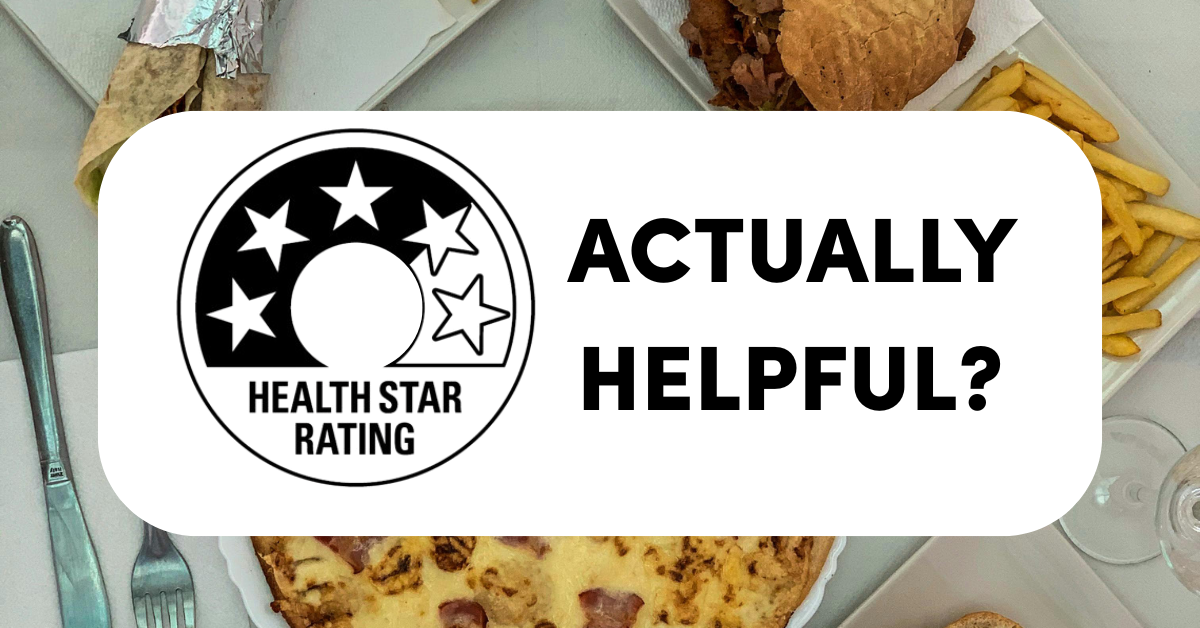



Due to my interest in health, I’ve always loved traditional foods.
My aunt gave me a Lebanese yogurt culture when I was 23 (1983) and I kept it going for a decade. Then one day the incubator I was using (an old-fashioned glass thermos) broke and I lost it forever. Then in the mid-90s when my children were young, I always had a mushroom scoby to make kombucha. I had the mushroom until the year 2000 when I went travelling around Australia for two years and it didn’t survive. When I got back in 2002, I couldn’t find a mushroom in my local community.
Because my mum was from a German heritage, sauerkraut was a food that we had when I was a child, as well as pickles – we had pickled everything because she also had some American heritage.
Throughout the years, I’ve had water-based kefirs and have made my own cheese and sourdough breads. And this was not because of my knowledge of the microbiome and health of the gut, but rather because these were traditional foods and part of the burgeoning culture of health.
My mother had a pot of stock brewing after every meal with bones. She would freeze the stock and then use it for her recipes – but little did we know that her ferments and broths were keeping us out of the doctor’s office. Gravy was something she made from the juices of the meat rather than from a box.
And today, having being brought up with her traditions and following them myself, I have never had need for any antibiotics or painkillers or anti-inflammatories.
Why Traditions Are Important
I was made aware of the importance of the microbiome years ago, and ever since then I can’t get enough understanding of our complex ecology within the gut and body.
Diseases can be prevented or progressed all due to the gut bacteria. There is new research showing that antibiotic-resistant bacteria can be neutralised by species within the microbiome. We will stop focusing on antibiotics and instead look at probiotics for our treatment of disease.
We are in a terrible way. Over the past decades, our children are getting sicker, so much so that allergies, asthma, autism, ADD, ADHD, Asperger’s, anxiety and other physical and mental disorders are increasing within our children. Autoimmune diseases are also increasing in the adult population.
The use of Roundup (with the active ingredient glyphosate) as a herbicide in the past decades not only destroys soil ecology but human ecology – the microbiome.
Add to that the amount of antibiotics being dished out to humans and domestic animals that we consume, plus the chemicals in our home and food, as well as the highly-refined carbohydrates with man-made additives and preservatives.
We are decimating our microbiome and as each generation passes, we see it getting worse.
Being aware of the problem is the first step. Fixing the problem is easy for some, but for others it is going to take a lot of work.
The fermentation of foods and liquids increases nutrition and digestibility and allows access to many nutrients that are sometimes locked up in the food without this process.
If we just learn from our culture and tradition and do what our ancestors did in order to survive millions of years, we just might be able to help future generations.
Cyndi



We`re working with Changing Habits Farm to bring this amazing opportunity to you, including our life-changing Functional Nutrition Essentials course.
What’s included:
✨ 2 nights at @thecattlemanscottage at The Changing Habits Farm
✨A private farm tour with Brogan, head farmer at the @changinghabitsfarm
✨A produce box from the farm during your stay
✨Functional Nutrition Essentials course valued at $2,000
✨ @foragedforyou_ blends: Mothers Blend, Zinc & Magnesium
✨ @glasswholefoods : collagen, gelatin, dreamy blend, immunity wishes, and mountain greens
The retreat itself will be transformative: three days on the farm, nourishing food, movement, workshops, connection, and space to reset your mind, body, and spirit. 🌿
Book your ticket now to enter. Click the link in bio or head to www.changinghabitsfarm.com to secure your ticket!

If you`re a graduate of The Nutrition Academy who has successfully started your own business, big or small, we want to hear about it! Shoot us an email or a DM and let us know all about it. We love to share the success of our community to lift everyone`s spirits and to answer the question, `what else is possible?`.

Cyndi has been a major advocate for looking beyond marketing terms like low fat, low calorie, or high protein, and skipping the `nutrition` label in favour of reading the ingredients list: doing so will give you insight into how the food will actually impact your body, as food carries information to your body.

It`s amazing how much insight we can get into the human body and how it can open our eyes to the impacts of diet and lifestyle on wellbeing.

Part of what makes The Nutrition Academy so special is how hard we work WITH our students to give them the best experience possible and to help them succeed. How have we helped you succeed at The Nutrition Academy?

Eggs are a great option for people looking to up their problem, snack smartly or tide their hungry bellies over until dinner. Boiled eggs are a great option for school lunches, too!

Head on over to YouTube to see our longer form videos.
↳ follow the link in our bio

Can you believe it`s as simple as getting out into the sun, breathing fresh air, drinking clean, filtered water and eating natural foods? Forget pills, rigid routines, hour-long HIIT sessions, and bingeing superfoods. Just follow the fundamentals for good health.

Finished your meal but still hungry? Give leptin thirty minutes to work its magic before you decide to keep eating.

Has The Nutrition Academy changed your health? Tell us about it below!

Reach out to us via email admin@thenutrition.academy, give us a call 0421977604, or shoot us a DM if you`re interested in learning more about The Nutrition Academy.

Watch the full video of Cyndi creating sauerkraut on our YouTube channel! Head over there now!
↳ follow the link in our bio
